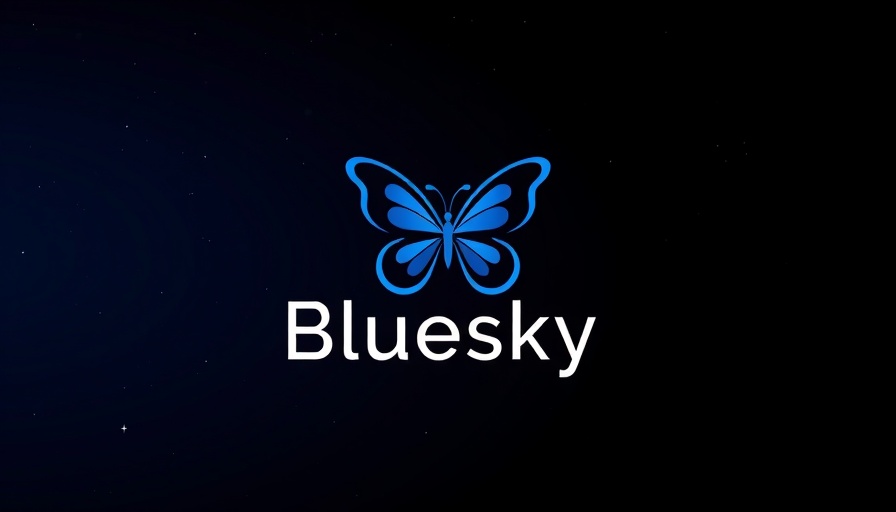
Bluesky's Bold Move in Response to Mississippi's Age Verification Law
In a striking decision, the social networking startup Bluesky has chosen to block access to its platform for users in Mississippi rather than comply with a controversial new age assurance law. This law, known as HB 1126, mandates all users of social networks to undergo age verification before accessing services—a requirement that Bluesky deems unfeasible and a threat to both privacy and free speech.
The Implications of Age Verification Requirements
Mississippi’s HB 1126 presents stringent rules that overshadow the intentions of child safety advocacy. Unlike precedents such as the U.K.'s Online Safety Act, which only targets specific content, this law imposes a blanket requirement on all users. As a result, Bluesky would need to collect sensitive information from every user, raising significant privacy concerns. Moreover, the potential penalty for noncompliance could reach up to $10,000 per user, a daunting figure for a small platform.
A Small Platform vs. Big Tech
Bluesky, which operates on a considerably smaller scale than established tech giants, argues that compliance would demand infrastructure and resources that are simply beyond their reach. They express that such laws not only impose financial burdens but also foster an environment that favors large corporations with the capacity to absorb these costs. This dynamic further entrenches the dominance of massive tech companies, hampering competition and innovation that smaller companies like Bluesky aim to offer.
User Impact Beyond Mississippi
Interestingly, the law’s effects have rippled beyond Mississippi’s borders, with reports of users outside the state encountering access issues. The platform’s CTO, Paul Frazee, acknowledged these complications, indicating that the company is actively working on updates to improve location detection systems. Such hurdles amplify the disruption caused by aggressive state policies.
The Future of Privacy and Compliance in Social Media
As legislative efforts like Mississippi's HB 1126 proceed, it opens up a larger conversation about the intersection of technology, privacy, and regulatory practices. Users and platforms alike must engage in these discussions to help shape a future that balances safety with innovation. Ultimately, the scenario underscores the question: what measures are appropriate for enhancing child safety without infringing on individual privacy and accessibility?
 Add Row
Add Row  Add
Add 




Write A Comment